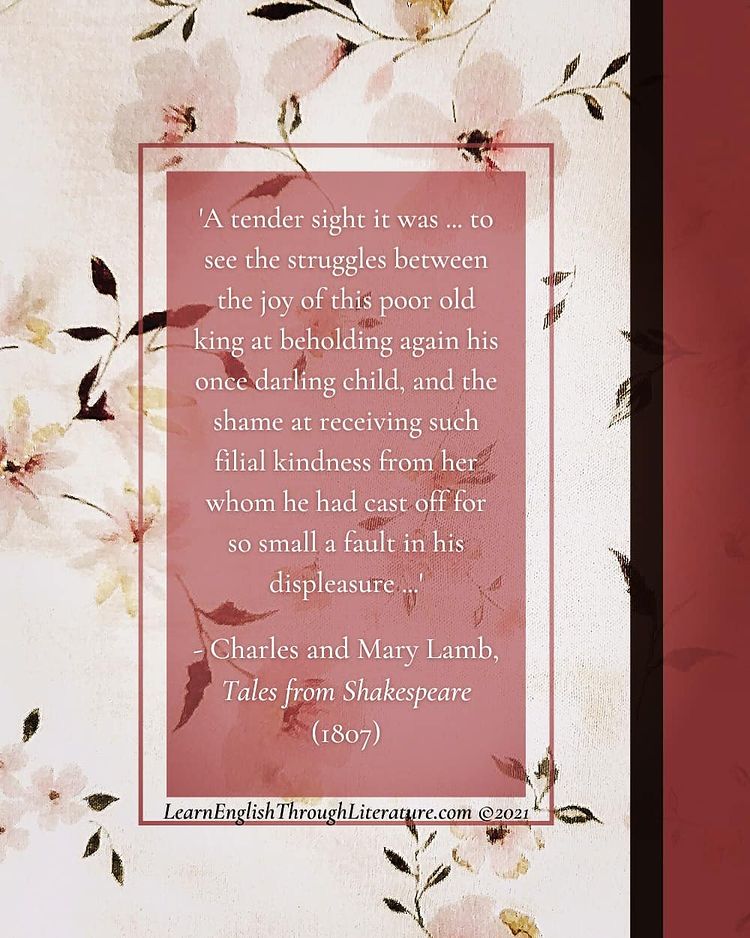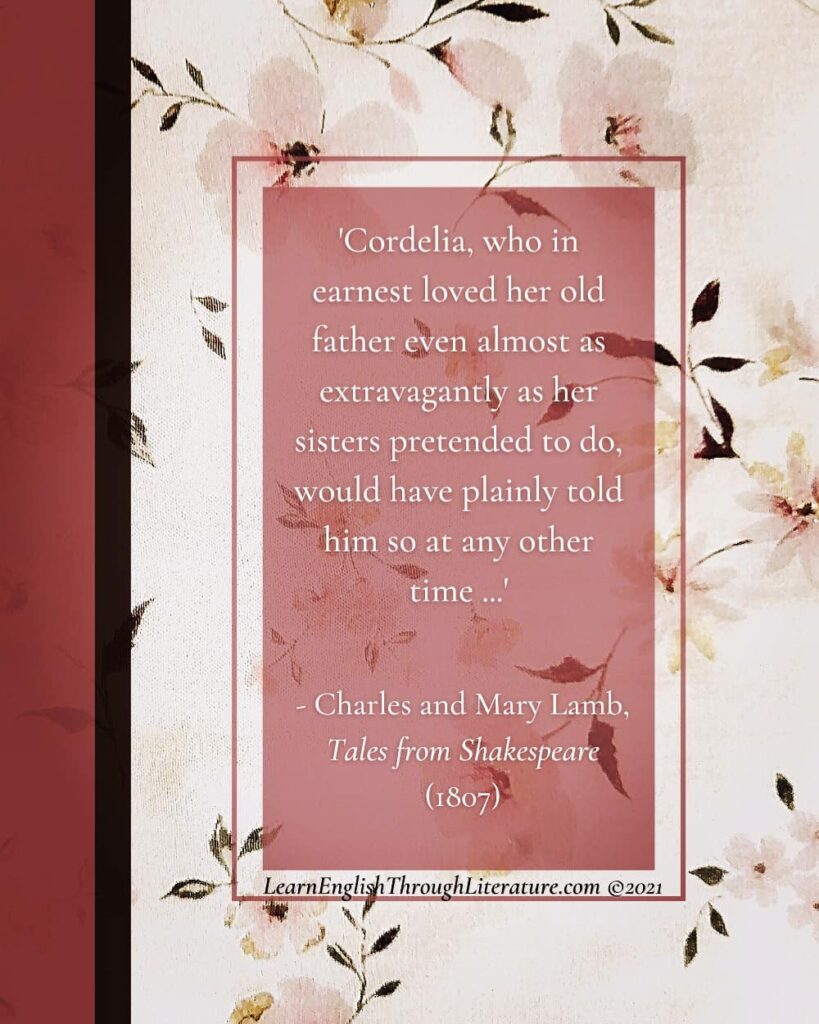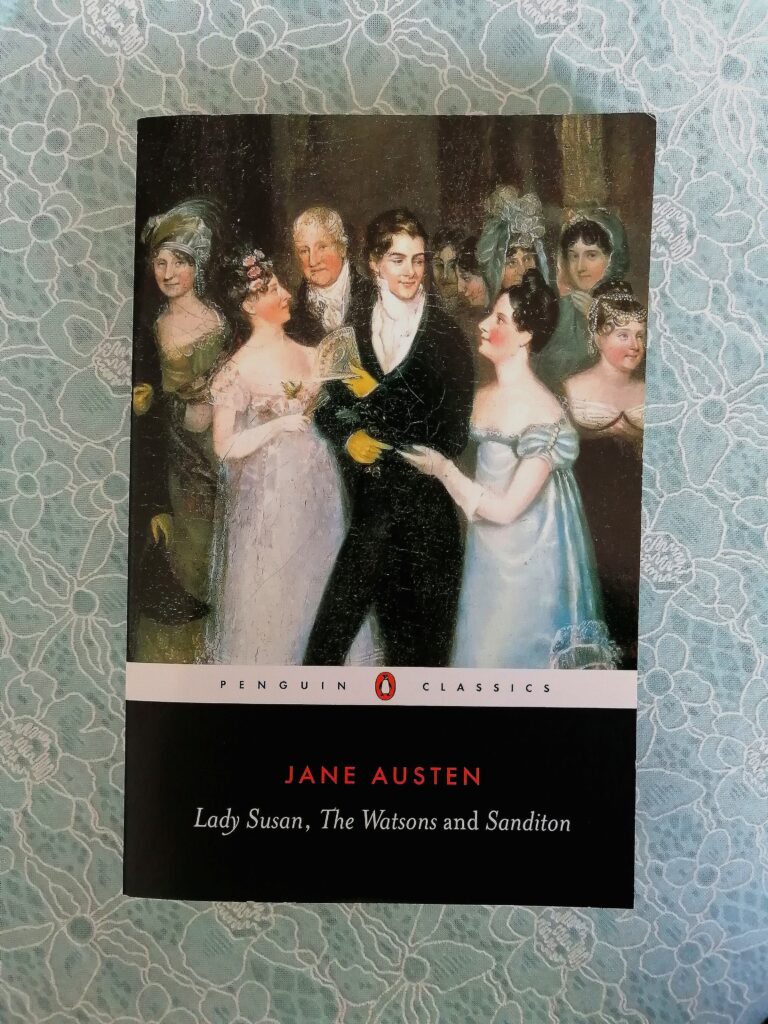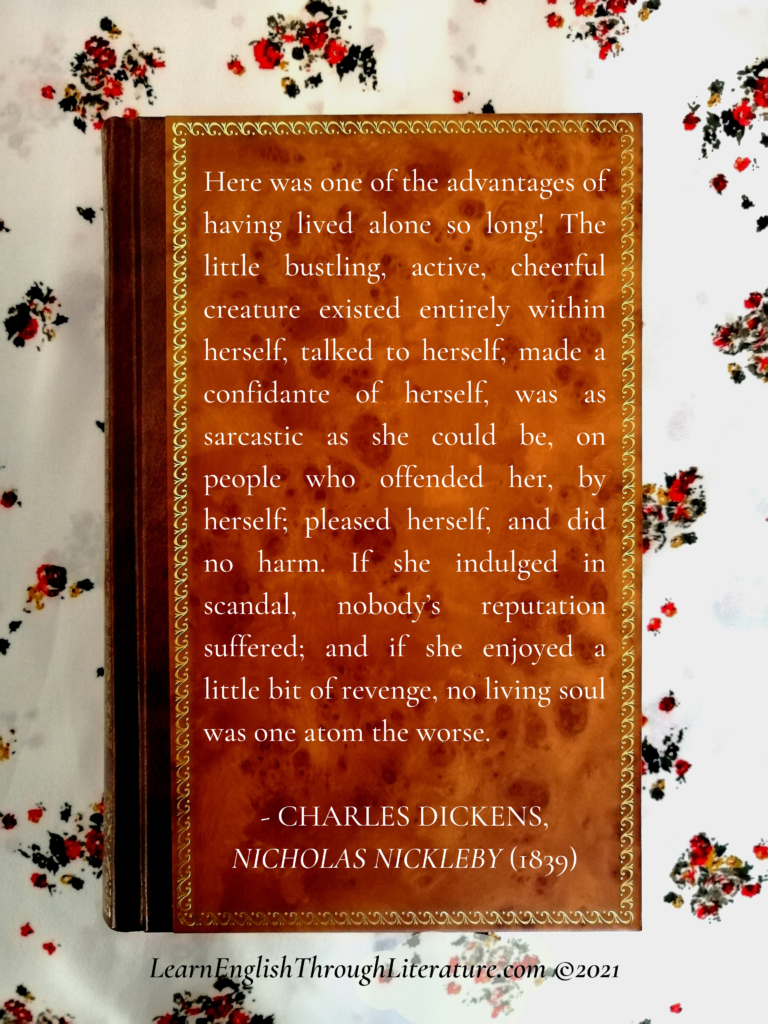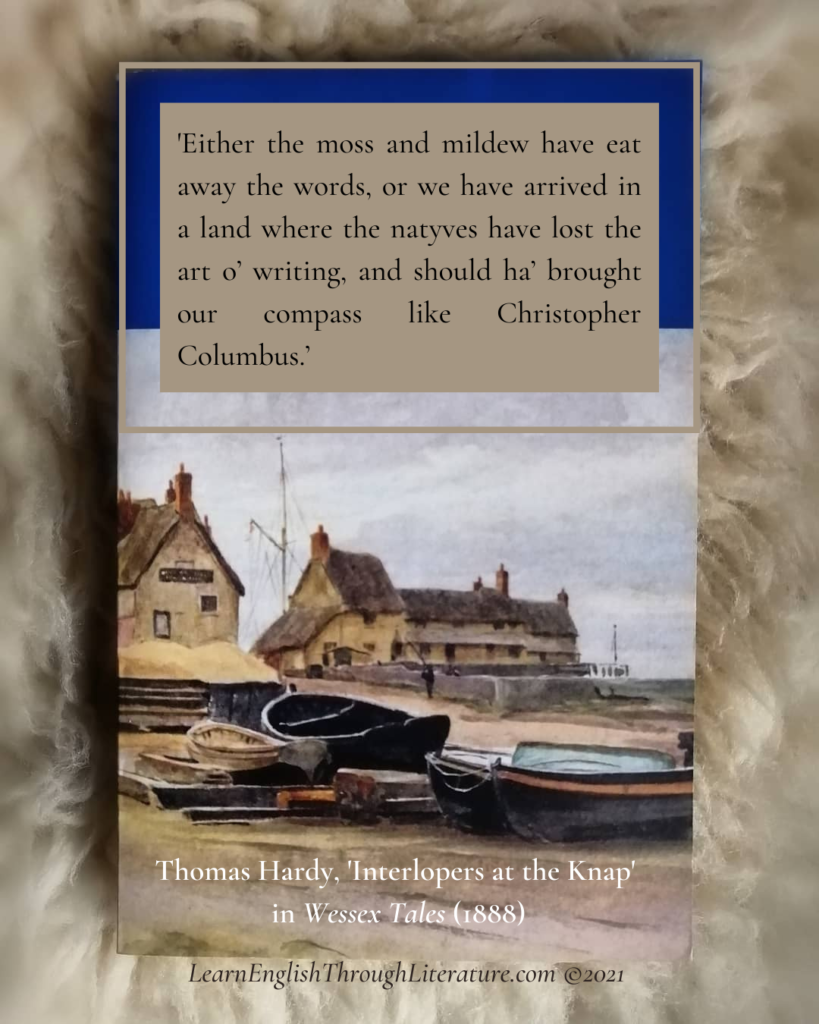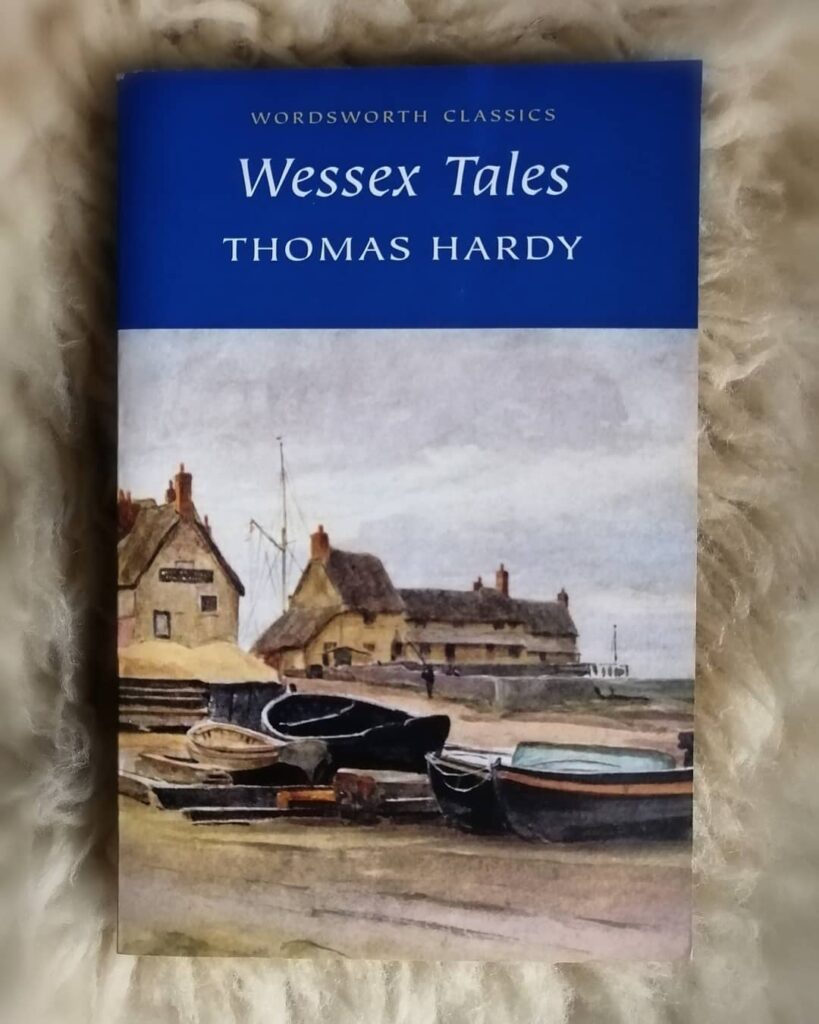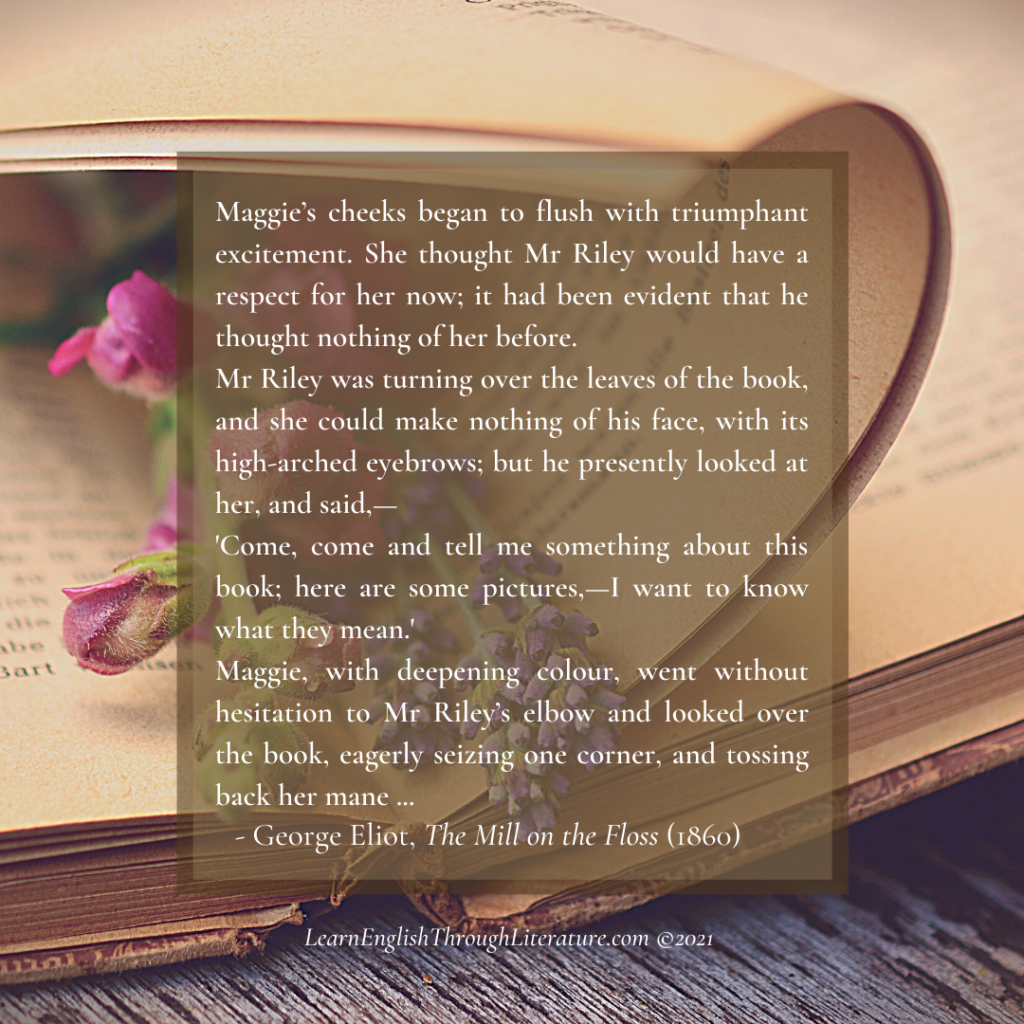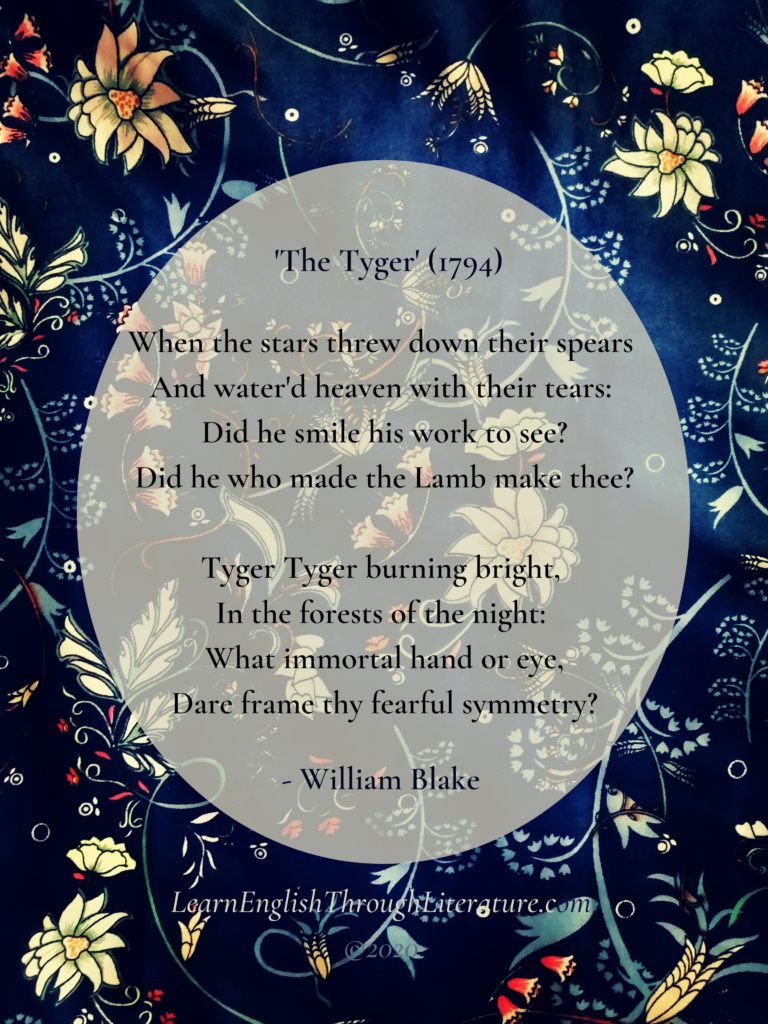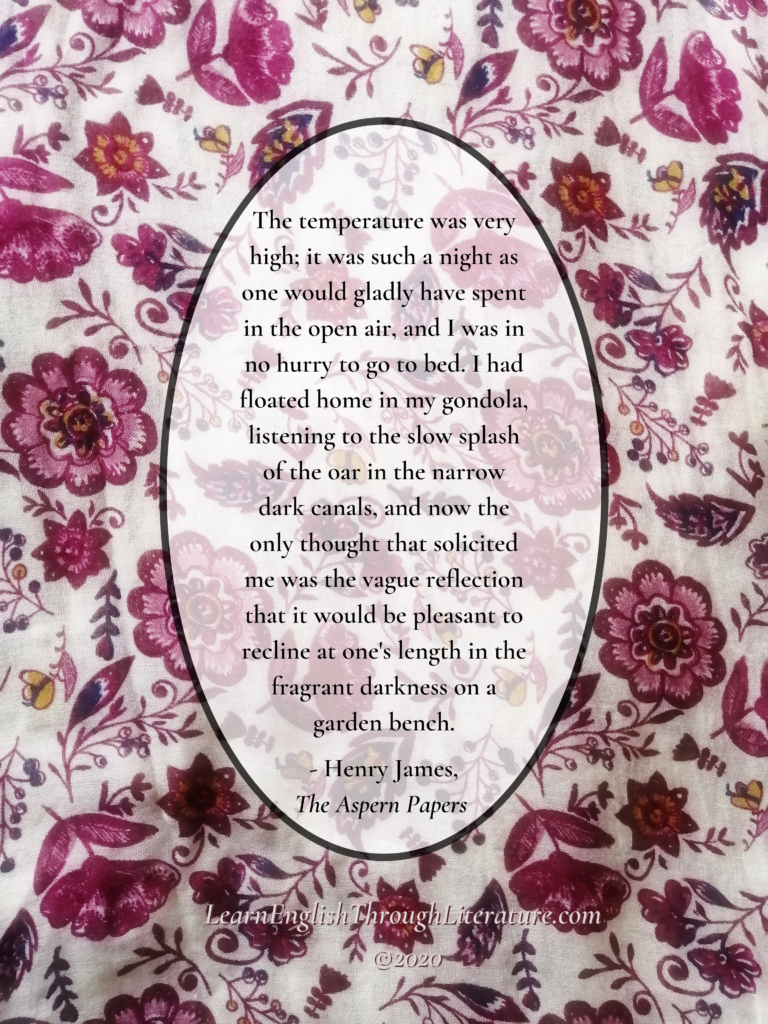Mini-Lesson Monday, Lesson #164 (Part 2): Lamb’s ‘Tales From Shakespeare’ – Expressing Reason and Result
📘 ‘The King of France … called the Duke of Burgundy in contempt a waterish duke, because his love for this young maid had in a moment run all away like water. – Charles and Mary Lamb, Tales from Shakespeare (1807) If you have been reading and understanding these short lessons, chances are that you are […]

